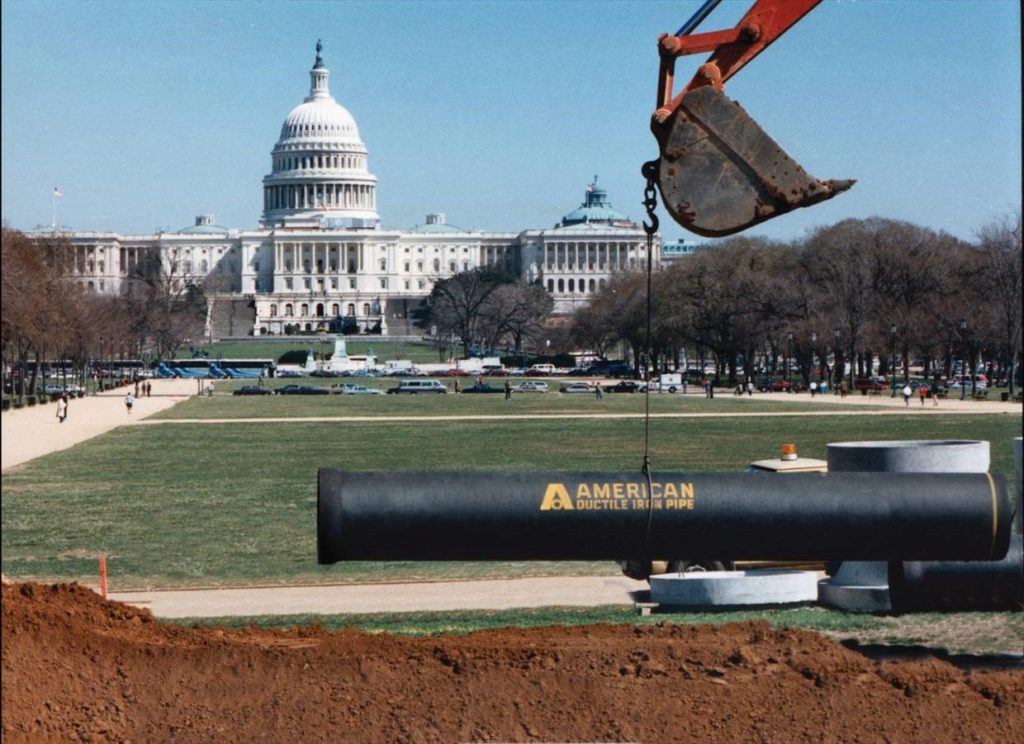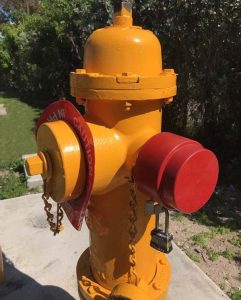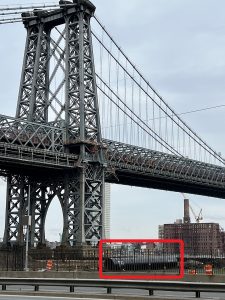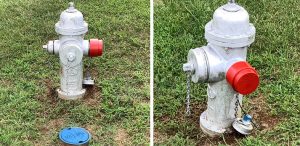
World Water Day and How Alabama Contributes to It
By Maury D. Gaston, mgaston@american-usa.com
Clean water is the greatest advancement in public health in the history of mankind, and World Water Day is March 22. This is a day to recognize the essential role of water in our lives including health, energy, agriculture, industry and business.
Where would we be without clean water? How have our state and our local industries in Alabama contributed to safe and clean water?
At the turn of the previous century, hundreds of thousands were migrating from farms and rural areas into urban centers for manufacturing related to the industrial revolution. This is how the Magic City of Birmingham grew so rapidly – like magic, in fact. These new urban residents most often got their water from a well in the backyard and used an outhouse nearby in the same backyard. Waterborne disease was prevalent, and it was not uncommon for hundreds and even thousands to die in urban outbreaks, especially during hot summers.
At the same time and in response to this need across our developing nation, municipal water systems with protected sources and the growing use of chlorine for purification were a giant step forward in public health. Cast iron pipe was the material of choice to build these public water systems. One could accurately say iron pipe is what America is built on.
With Birmingham having iron ore, coal, and limestone in its proximity, she became the cast iron pipe manufacturing capital of the world. Soon, all the manufacturers of cast iron pipe in the United States had operations and corporate headquarters here in Alabama, and the majority still does today.
America’s public water systems were built of cast iron, and today’s ductile iron pipe is even stronger, tougher, and more resilient. Being made of recycled iron and steel, energy efficient in its use and operation, recyclable if retired from service, and having a high life-cycle value, iron pipe was sustainable before sustainability was cool. Seemingly miracle materials such as lead, asbestos-cement, pre-stressed concrete cylinder, and more recently plastic PVC pipe each have shown shortcomings in safety, performance, service life, sustainability and life-cycle value when compared to iron pipe. After hundreds of years, iron pipe continues to perform and deliver, and the state of Alabama remains in the forefront.
Alabama’s iron and steel manufacturing industry directly employs 70,000 workers who create wealth for themselves, their families, and our state and national economy every day. Support jobs in Alabama and other states number in the hundreds of thousands. From iron pipe noted above, to welded steel water pipe in larger diameters, to steel pipe transporting natural gas for generation of electricity to pump water to our homes and industries, Alabama’s iron and steel manufacturers serve an historic, contemporary, and vital role in providing clean water, the greatest advancement in public health in the history of mankind.
Congratulations, Alabama, on your vital contribution to World Water Day.
Maury D. Gaston is chairman of the Alabama Iron and Steel Council, a council of Manufacture Alabama. He is a 37-year veteran of the water industry, serving as manager of marketing services for AMERICAN Ductile Iron Pipe and AMERICAN SpiralWeld Pipe, divisions of AMERICAN Cast Iron Pipe Company headquartered in Birmingham, Alabama. The company also has facilities in South Carolina, Texas, Minnesota, Michigan and Oklahoma. Gaston is a mechanical engineering graduate of Auburn University and a director and past chairman of the state of Alabama Engineering Hall of Fame.




